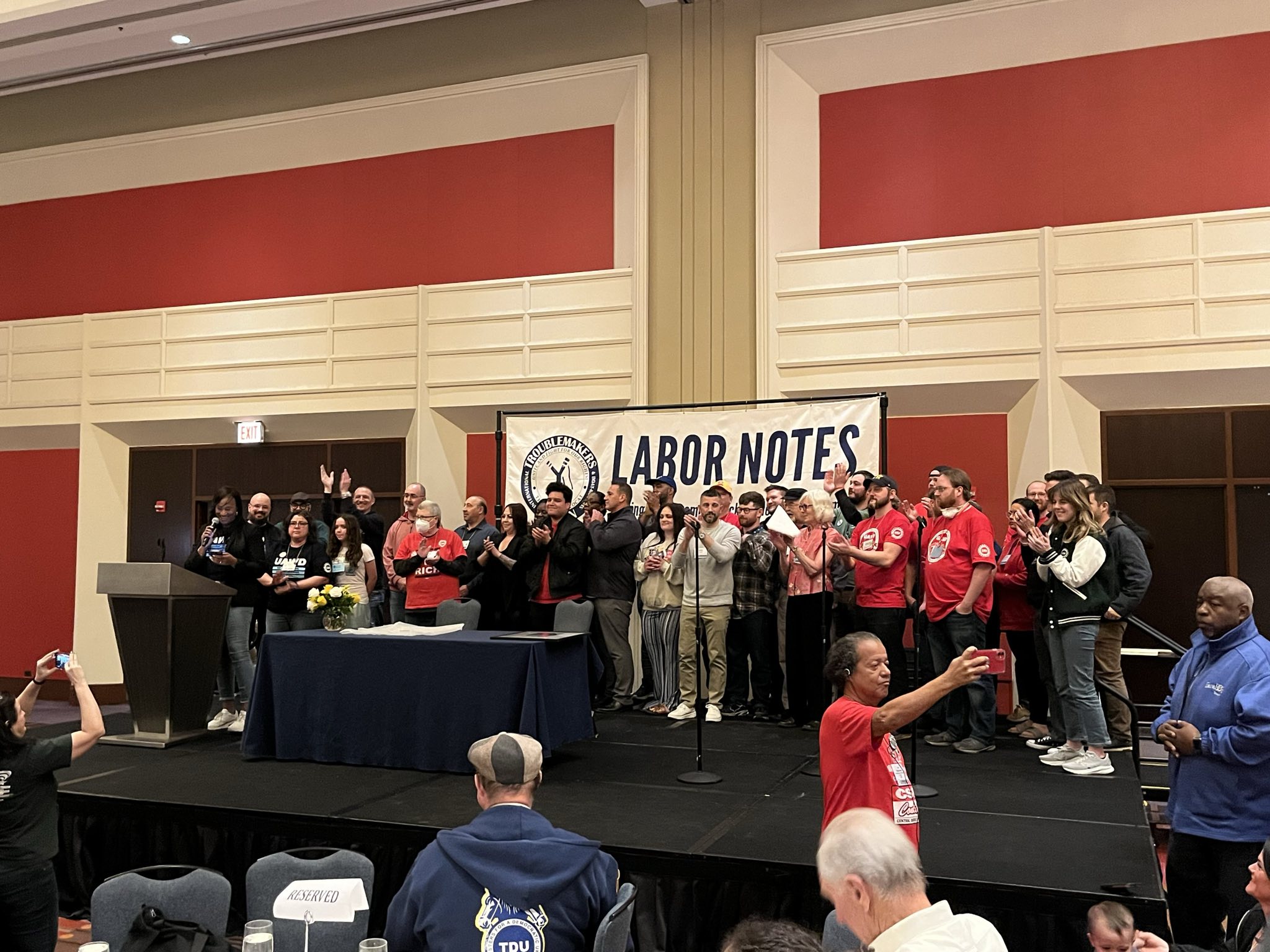The United States has been a nation of immigrants since the days of its colonial origins. At the same time, there have been movements in opposition to further immigration again and again. These nativist groups have been on the rise for years, and lately they have met with political success. In June 2011, the State of Alabama passed HB 56, a law in opposition to so-called illegal immigration that is considered the most severe of its kind in the United States. Even before, the State of Arizona had enacted a similarly harsh immigration law, SB 1070.
Supporters of HB 56 and SB 1070 argue that the high number of undocumented immigrants calls for state intervention. Critics, on the other hand, consider the measures racist, because they lead law enforcement officials to suspect people of illegal residency based on how they are perceived to look.
In June 2012, the Supreme Court found SB 1070 to be largely unconstitutional. However, it upheld the most intensely criticized provision, which says that police officers in Arizona must check people’s identification upon “suspicion”—essentially turning all Latinos, who make up the largest group of undocumented immigrants, into suspects.
The report from the Montgomery, Alabama-based Southern Poverty Law Center (SPLC), carried out with support from the Rosa Luxemburg Foundation, powerfully shows how people’s fates are determined by HB 56. The reports from the people affected make it clear: It is not only necessary to abolish these laws immediately, but also to demand a social arrangement that finally humanizes immigration policy.



